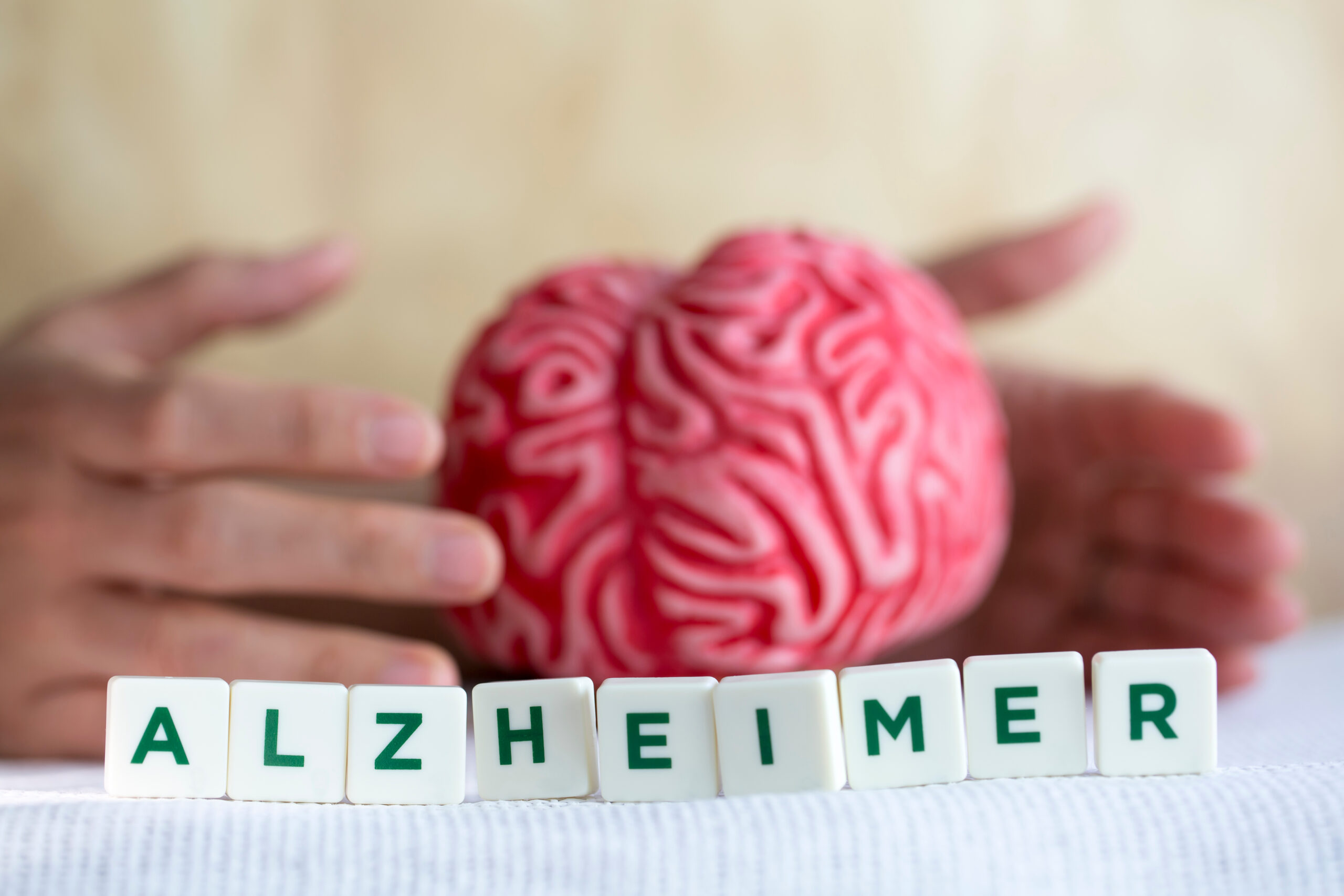The Impact of Socialization on Mood and Behavior
The Impact of Socialization on Mood and Behavior
Socialization is a vital part of our lives, playing a significant role in shaping our mood and behavior. It involves interacting with others, forming connections, and engaging in various activities that help us feel part of a community. This article explores how socialization affects our mental and emotional well-being, as well as its impact on our behavior.
### How Socialization Affects Mood
Socialization has a profound impact on our mood. When we engage in social activities, we experience a sense of belonging and connection, which can significantly boost our mood. This is especially true for older adults, where regular social interaction can reduce feelings of loneliness and depression. Activities like game nights, group discussions, and community events not only stimulate the mind but also provide emotional support, helping individuals cope with personal losses and challenges.
Moreover, social engagement can reduce stress and anxiety by offering a platform for emotional expression and support. Participating in group activities allows individuals to share their experiences and feelings, fostering a sense of understanding and empathy among participants. This shared experience helps combat loneliness and enhances overall mental health.
### How Socialization Influences Behavior
Socialization also influences our behavior in several ways. Engaging in social activities can encourage positive behaviors such as cooperation, empathy, and kindness. When we interact with others, we learn to respect different perspectives and develop better communication skills. This helps build stronger relationships and fosters a sense of community, where individuals feel valued and supported.
Furthermore, socialization can promote physical activity through group exercises or outings, which contributes to better overall health. Regular physical activity, often encouraged by social interactions, can reduce the risk of chronic diseases like heart disease and diabetes. This holistic approach to health highlights the importance of socialization in maintaining a healthy lifestyle.
### Cognitive Benefits of Socialization
In addition to emotional and physical benefits, socialization has cognitive advantages. Engaging in social activities can stimulate the brain, promoting mental agility and reducing the risk of cognitive decline. Activities such as puzzles, group discussions, and learning sessions keep the mind active, supporting cognitive well-being. This is particularly important for seniors, as consistent social interaction can delay the onset of conditions like Alzheimer’s disease.
### Conclusion
In conclusion, socialization plays a crucial role in shaping our mood and behavior. It offers emotional support, enhances mental health, and promotes physical well-being. By engaging in social activities, we not only improve our quality of life but also foster a sense of belonging and purpose. Whether through community events, group exercises, or simple conversations, socialization is essential for maintaining a healthy and fulfilling life.





